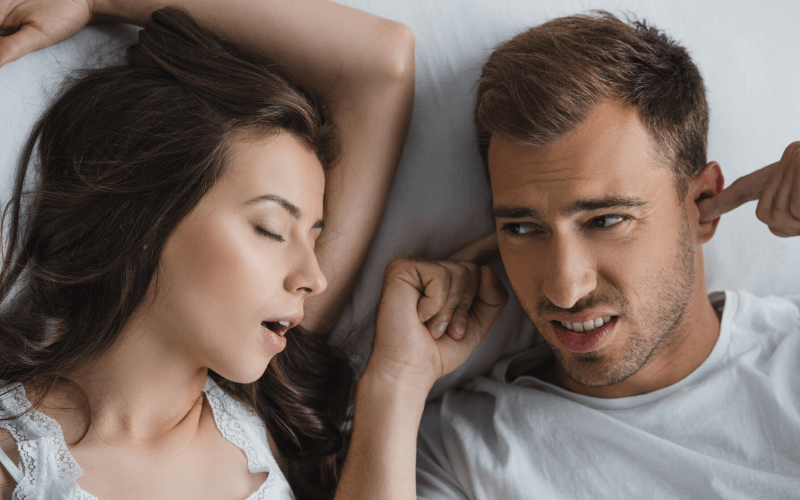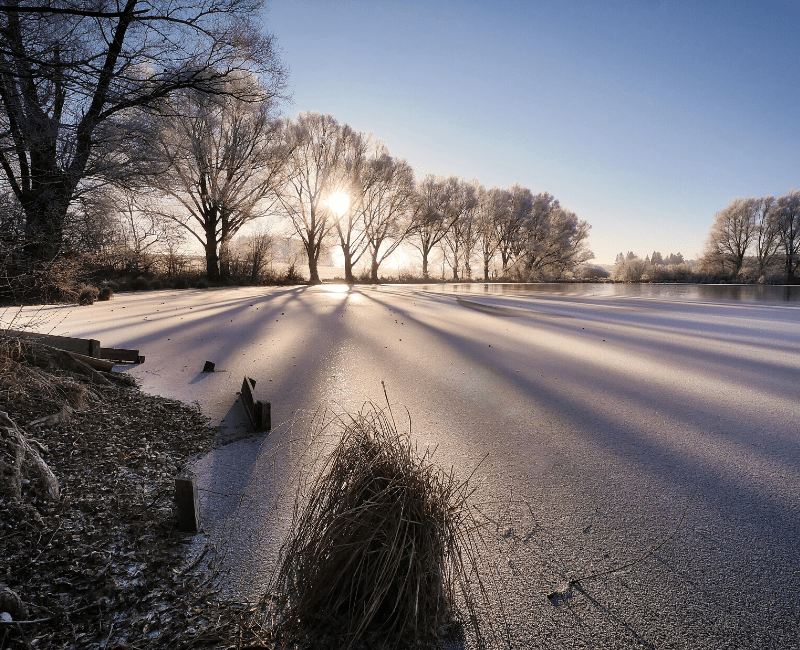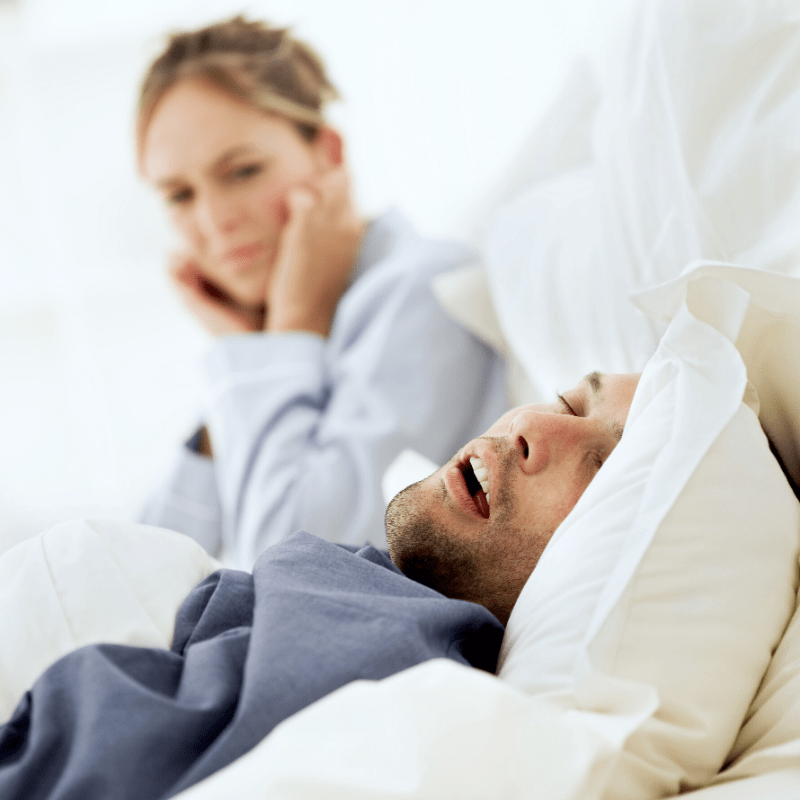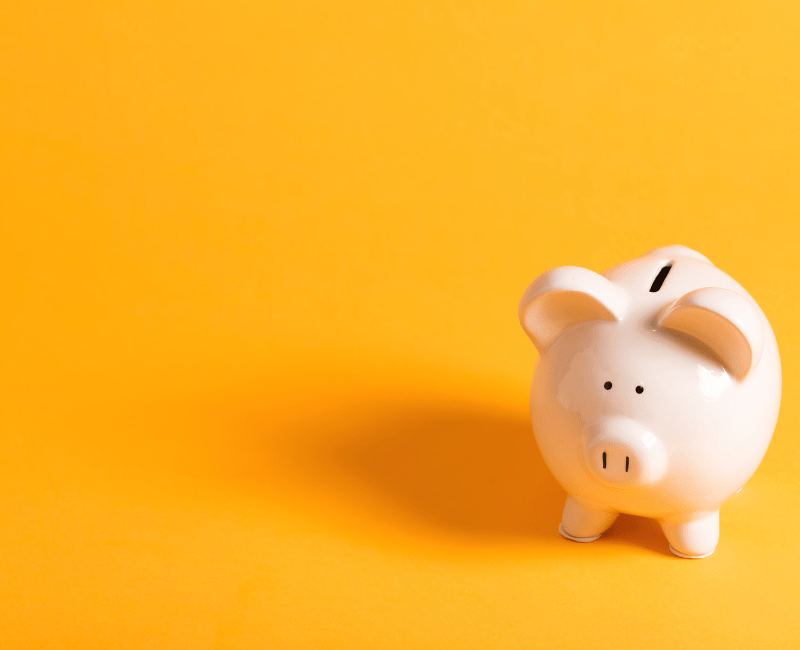What Is Sleep Apnea?
Sleep apnea is a potentially serious sleep disorder in which breathing repeatedly stops and starts. If you snore loudly and feel tired, even after a full night’s sleep, you may have sleep apnea.

There are two types of sleep apnea:
Obstructive Sleep Apnea
The more common form of sleep apnea is obstructive sleep apnea. This occurs when the throat muscles relax. It is an anatomical and neurological problem. During sleep, your airway collapses and blocks air from passing through. Some sleep apnea patients may gasp, snore or choke. Some are completely silent. Not all people who have sleep apnea snore. Not all people who snore have sleep apnea.
Central Sleep Apnea
The lesser common form of sleep apnea, central sleep apnea, occurs when the brain fails to send important signals to the breathing muscles during sleep. Your body essentially “forgets to breathe”.
What are the effects?
This roller coaster sleep pattern leads to a loss of energy, concentration, productivity and an inability to stay awake during less active tasks. This may include reading, watching television and driving. In severe cases, the continuous oxygen deprivation caused by sleep apnea can lead to high blood pressure, heart attacks, strokes and even sudden death. There may be a genetic component to this disorder as it often occurs within families.
Can Sleep Apnea Be Resolved?
Generally, in cases of very mild sleep apnea, symptoms have been resolved with weight loss, a reduction of alcohol intake, or a change in sleep position. Sleep experts suggest that most people with sleep apnea should not sleep on their backs, but instead on their left side.
In more serious cases, oral appliance therapy which repositions the lower jaw and the tongue are very helpful to many patients and also those whose only problem is disruptive snoring. These devices gently keep your jaw forward during sleep to open your airway. For the vast majority of patients, the oral appliances are far more comfortable than CPAP therapy. In fact, experience shows that 83% of patients who try oral appliance therapy sleep comfortably for an average of almost 7 hours per night.
CPAP machines offer continuous positive airway pressure (CPAP) through a mask. Although this treatment helps many people, some cannot tolerate this method and may benefit from oral devices.
Many people benefit from combination therapy; the use of an oral appliance and the CPAP machine.
Seeking Treatment
We recommend you seek treatment from an American Board of Dental Sleep Medicine Diplomate. Diagnosing sleep apnea currently involves a physician prescribed sleep test. These tests can be performed at home or at a sleep lab. For more information on sleep apnea and resources, you can visit American Alliance for Healthy Sleep, 2510 North Frontage Road
Darien, IL 60561 or National Sleep Foundation, 1367 Connecticut Avenue, NW, Washington, D.C. 20036



